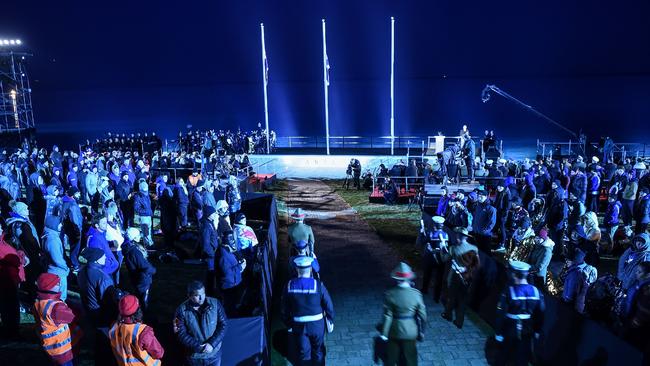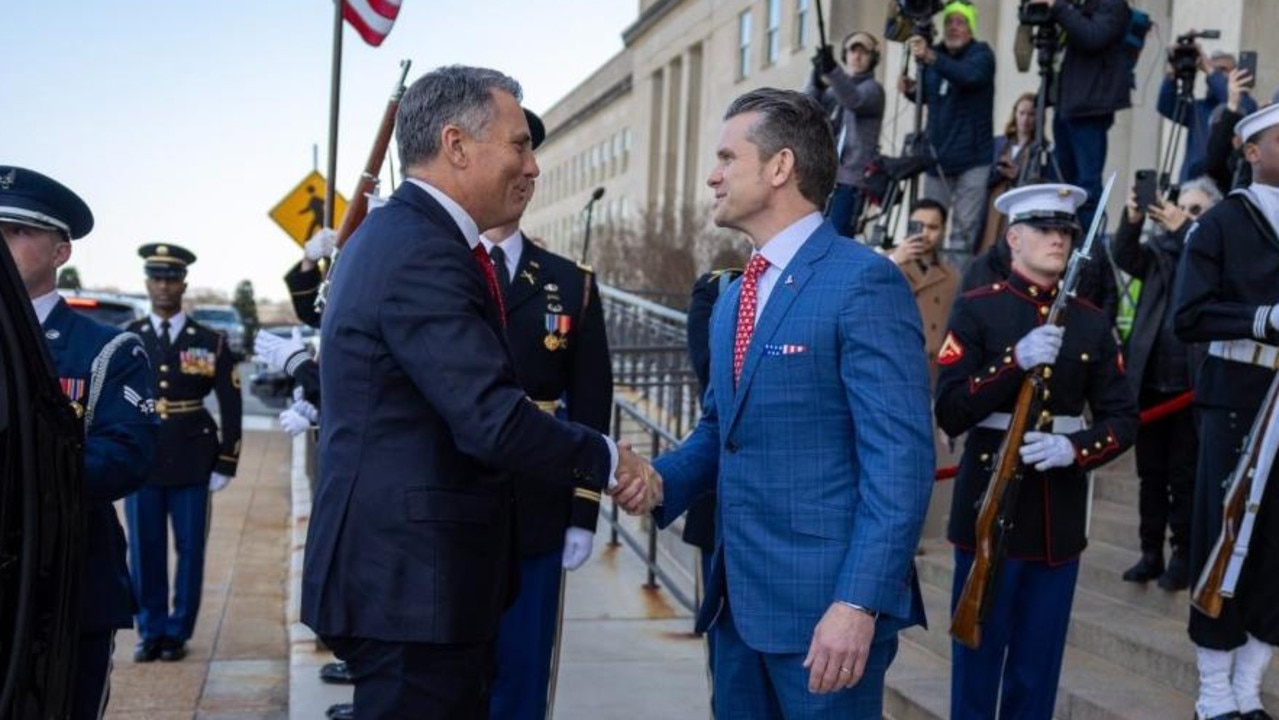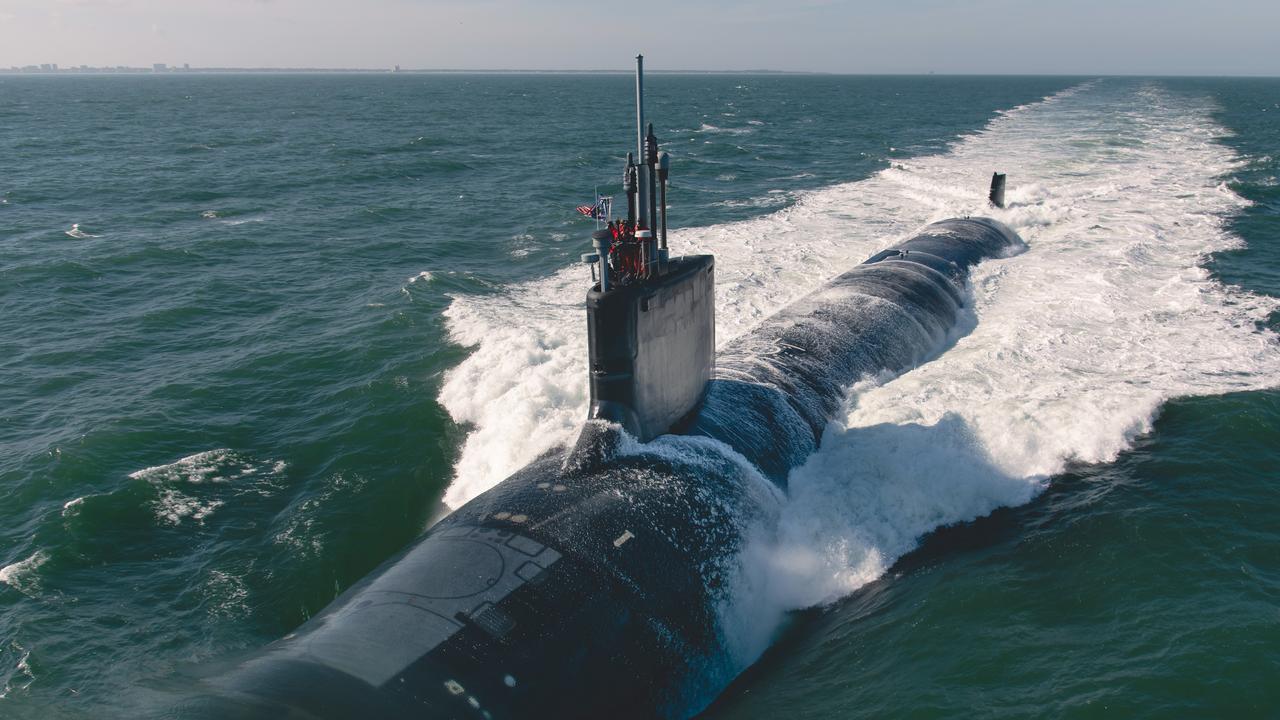Turks to be banned from Gallipoli Anzac service
Turkish nationals have been banned from attending the Anzac Day dawn service at Gallipoli.

Turkish nationals have been banned from attending tomorrow’s Anzac Day dawn service on the Gallipoli peninsula amid heightened security fears.
The Turkish government has imposed a strict ban on locals being anywhere on the peninsula for the service, including bus drivers and tour guides, only a month after President Recep Tayyip Erdogan spoke about sending Australians home in body bags, and the Turkish media repeatedly broadcast footage of the Christchurch massacre during political campaigning.
Only registered foreigners, comprising about 700 Australians and 500 New Zealanders, will be given access to the peninsula after the Turkish military imposed the lockdown after a huge security sweep. However, Turkish dignitaries who are part of the service will be allowed to attend.
One official, who did not want to be named, said: “Everyone who is on site is registered, security-cleared, and we know about them.
“Nothing is left to chance and keeping every Turkish person out eliminates a lot of risk. From the top, it is very important that nothing happens.’’
About 1200 people, including VIPs and their entourages, are expected to attend, which is about the same number as last year.
The Chief of the Defence Force, Angus Campbell, will attend the ceremony.
Much larger numbers of visitors had been tipped as Turkey recovered from the 2016 terror attacks on Istanbul Ataturk Airport and bombings in Istanbul and Ankara in 2015, but Turkey continues to be targeted by Islamic State supporters.
Only last month, Turkey’s counter-terrorism police thwarted an IS plot masterminded by a Turkish national in Istanbul.
Hoteliers near Gallipoli say a spate of cancellations began immediately after the killing of 50 Muslims in Christchurch and Mr Erdogan’s response. Mr Erdogan linked the mosque attacks with Australian tourists at Gallipoli, saying anyone with anti-Muslim sentiments who came to Turkey “would be sent back in coffins like their grandfathers were’’.
He also vowed that if New Zealand failed to hold Australian Brenton Tarrant accountable for the deaths “one way or another we will hold him to account’’.
Polat Cenboz, who runs the Hotel Crowded House at Eceabat, the closest town to Anzac Cove, could recall the exact day.
“On March 18, we had eight rooms cancelled,’’ he said. “The effect could continue through the season as many people decide around now to come later in September and October.’’
The owner of TJ’s Tours and Hotel, Ilhami Gezici, said bookings had plummeted.
“We are down 70 to 80 per cent,’’ he said, saying the cancellations had mainly been from Australians and New Zealanders.
“Everyone asks me, ‘Are we going to be safe?’, and yet the Turkish people are very welcoming and friendly and the security is very thorough.’’
Mr Gezici said the communities supported keeping Turkish people off the peninsula for Anzac Day. “It is safe here and we want it to continue to be safe,’’ he said.
Yet the concern of locals goes deeper as the days of young, adventurous Australians making the Anzac Day pilgrimage with three or four days exploring the battlefields has disappeared.
Most tourists arrive on an express coach tour from Istanbul, with a 12-hour return transport and less than four hours to commemorate the deaths of 12,000 Anzacs, ticking off just Lone Pine and Anzac Cove.
Earlier this week, the military began around-the-clock vehicle checks 60km from Anzac Cove. During the dawn service, they will impose three other vehicle and personal checks closer to the beach and then airport-style security screening a kilometre away from the site.
Yesterday, a private registered tour guide was prevented from taking a Turkish client to Chunuk Bair, the New Zealand cemetery.



